The Supreme People's Court is seeking comments on the draft law on specialized courts in international financial centers. Its headquarters is expected to be located in Ho Chi Minh City.
The specialized court will have jurisdiction to resolve disputes arising at the international financial center in both Ho Chi Minh City and Da Nang City.
Based on the actual situation and the requirement to resolve the number of cases, the Chief Justice of the Supreme People's Court decides to establish and organize other specialized courts.
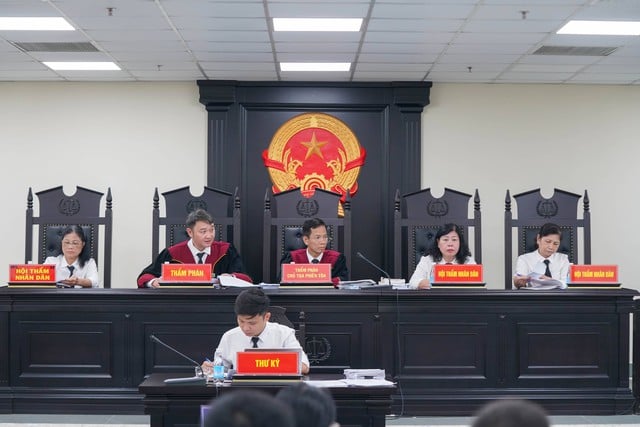
The Supreme People's Court proposed a "special mechanism" for specialized court judges (illustrative photo)
PHOTO: PHUC BINH
Who can be a special court judge?
According to the proposal in the draft, judges of specialized courts include three sources: foreigners appointed as judges of specialized courts, Vietnamese citizens appointed as judges of specialized courts, and judges of the People's Court.
In the case of foreigners, the conditions to be met include: being a foreign judge, lawyer, or expert with relevant professional knowledge; having at least 10 years of experience in adjudicating cases under the jurisdiction of a specialized court; other conditions as prescribed by the Supreme People's Court.
In particular, foreign judges of specialized courts must be appointed by the President .
In the case of Vietnamese citizens, the conditions to be met include: being a civil servant, expert, lawyer, university lecturer, scientist ; being able to adjudicate in English cases under the jurisdiction of specialized courts; having high legal qualifications, having experience in litigation; other conditions according to the instructions of the Supreme People's Court.
In the case of a People's Court judge, the conditions to be met include: having specialized knowledge and work experience in the field under the jurisdiction of the specialized court; having appropriate English proficiency to resolve cases at the specialized court.
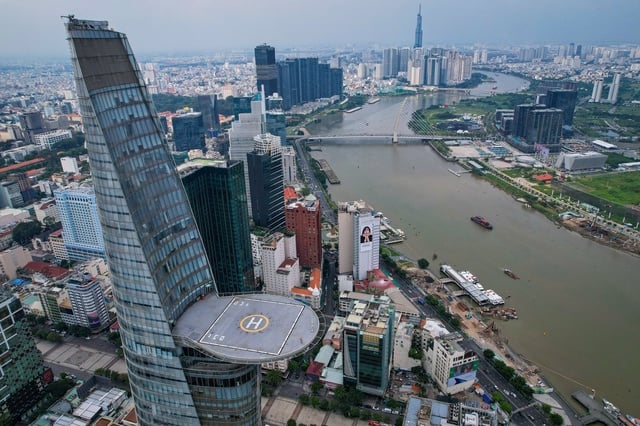
Specialized court expected to be held in Ho Chi Minh City
PHOTO: TN
The written and spoken language used in court must be in English.
Still according to the proposal of the Supreme People's Court, the specialized court has the authority to resolve disputes. The provisions on jurisdiction by type of work are disputes, requests between disputes, requests on investment and business between members of the international financial center with each other or between members of the international financial center with other agencies, organizations and individuals.
Along with that are requirements related to foreign arbitration and courts resolving disputes between members of international financial centers with each other or between members of international financial centers with other agencies, organizations and individuals.
Or other disputes or requests at an international financial center where at least one party is a member of the international financial center as prescribed by the Supreme People's Court.
Notably, according to the draft, the language and writing used before specialized courts shall be English or English accompanied by a Vietnamese translation. This provision is expected to create a superior and flexible policy in trials at specialized courts.
The State has special preferential policies on remuneration, salary, allowances and other benefits for judges, clerks, experts and workers at specialized courts.
Accordingly, remuneration, wages, allowances and other benefits must not be lower than the corresponding regime applied to cadres, civil servants, public employees, salary and allowance recipients and employees working in the executive agencies and supervisory agencies of international financial centers and must not be reduced during the working period.
What is the difference in procedural law?
According to the proposal of the Supreme People's Court, the litigation procedure at specialized courts is regulated in a quick and effective manner.
Including shortening some time limits in litigation procedures; first instance trial by one judge without the participation of people's jurors.
The obligation to collect, provide and submit documents and evidence belongs to the parties. Documents and evidence provided and submitted by one party to the court must be sent to the other parties.
The court does not collect evidence but will base on documents and evidence provided by the parties that have been examined by the court and the results of the debate at the trial to try and resolve the case.
In addition, the special appeal procedure is prescribed in the direction that if a first-instance judgment or decision has not yet come into legal effect and there is an appeal or petition, the appellate court has the authority to resolve it according to the appeal procedure.
The judgment and decision of the appellate court are final and are not subject to review under the procedures of cassation or retrial.
Source: https://thanhnien.vn/tand-toi-cao-de-xuat-co-che-dac-biet-ve-tham-phan-toa-an-chuyen-biet-185251003124652714.htm



![[Photo] Ca Mau "struggling" to cope with the highest tide of the year, forecast to exceed alert level 3](https://vphoto.vietnam.vn/thumb/1200x675/vietnam/resource/IMAGE/2025/11/04/1762235371445_ndo_br_trieu-cuong-2-6486-jpg.webp)
![[Photo] The road connecting Dong Nai with Ho Chi Minh City is still unfinished after 5 years of construction.](https://vphoto.vietnam.vn/thumb/1200x675/vietnam/resource/IMAGE/2025/11/04/1762241675985_ndo_br_dji-20251104104418-0635-d-resize-1295-jpg.webp)
![[Photo] Ho Chi Minh City Youth Take Action for a Cleaner Environment](https://vphoto.vietnam.vn/thumb/1200x675/vietnam/resource/IMAGE/2025/11/04/1762233574890_550816358-1108586934787014-6430522970717297480-n-1-jpg.webp)

![[Photo] Panorama of the Patriotic Emulation Congress of Nhan Dan Newspaper for the period 2025-2030](https://vphoto.vietnam.vn/thumb/1200x675/vietnam/resource/IMAGE/2025/11/04/1762252775462_ndo_br_dhthiduayeuncbaond-6125-jpg.webp)


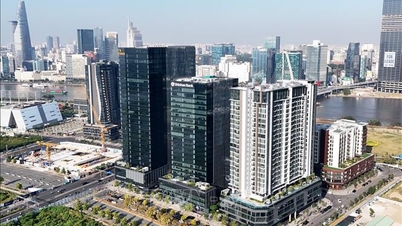





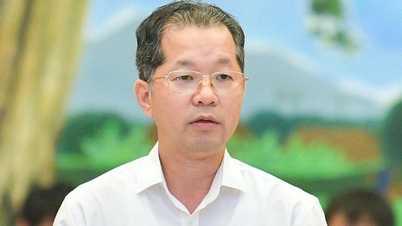
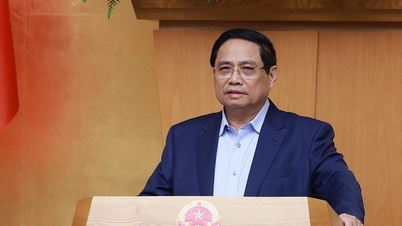

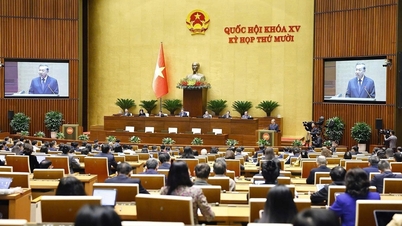
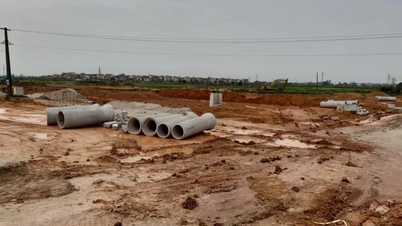


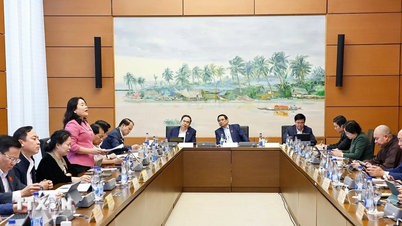
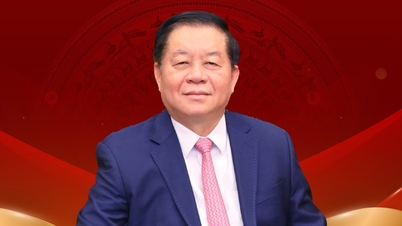

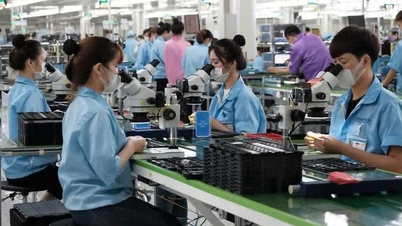




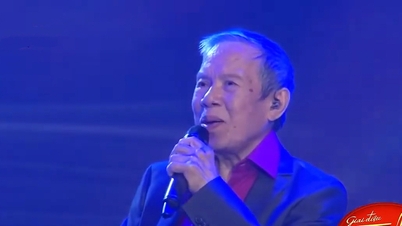


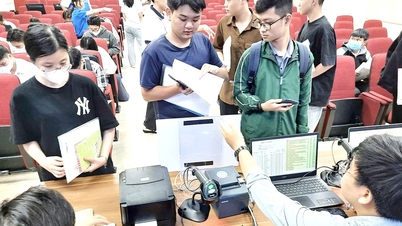
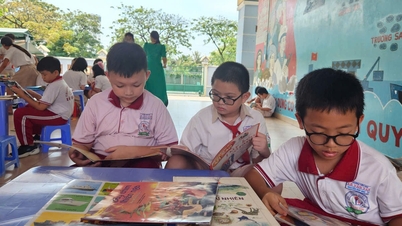

































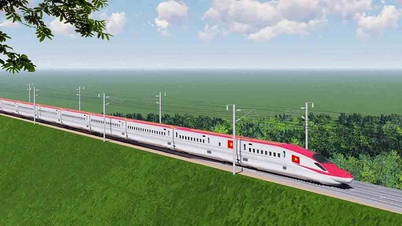
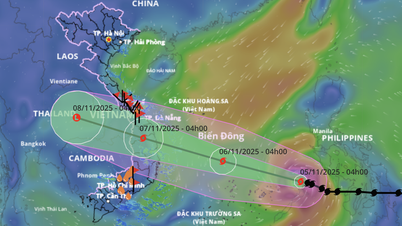

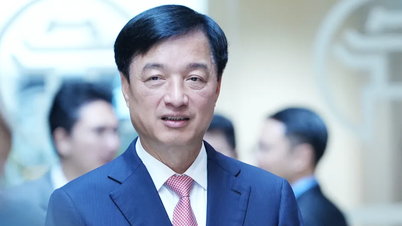













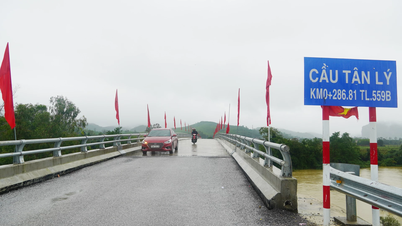

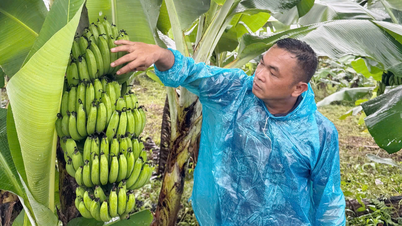


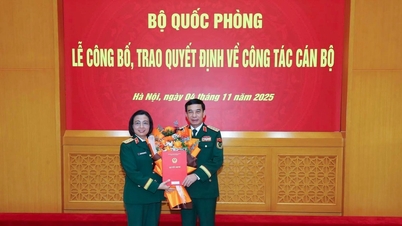











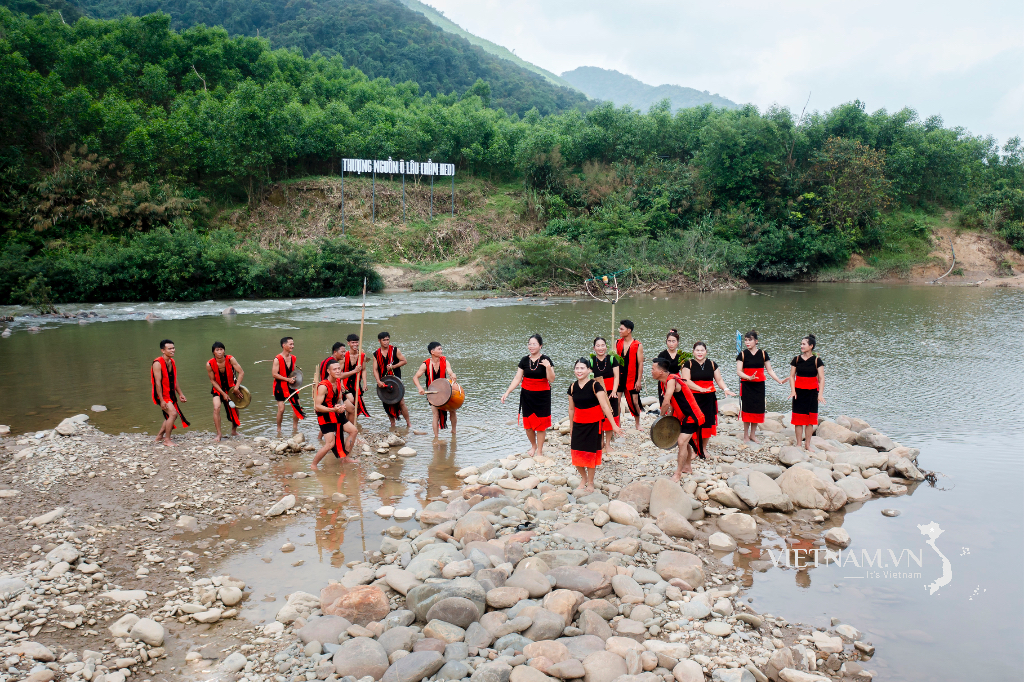
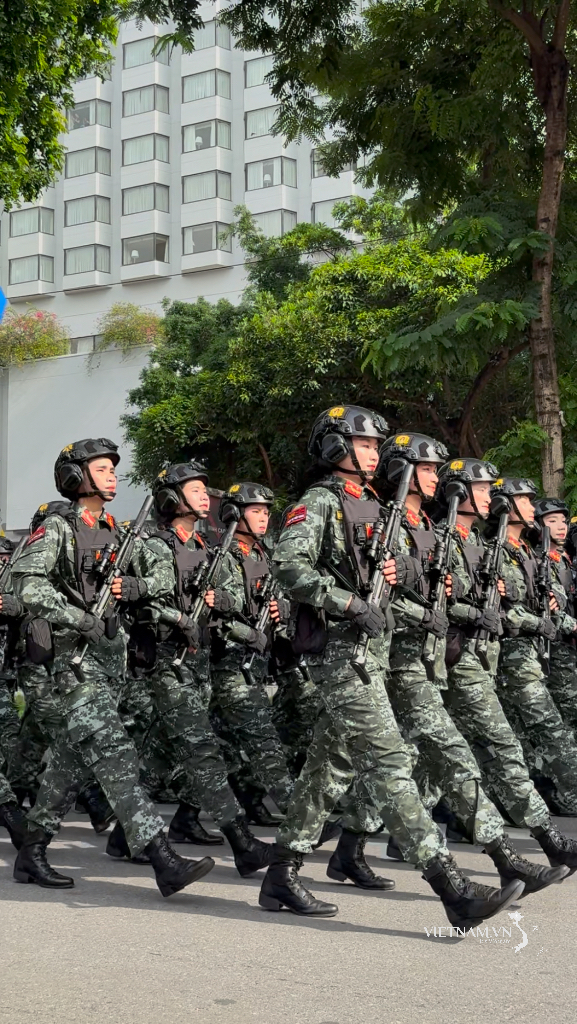


Comment (0)